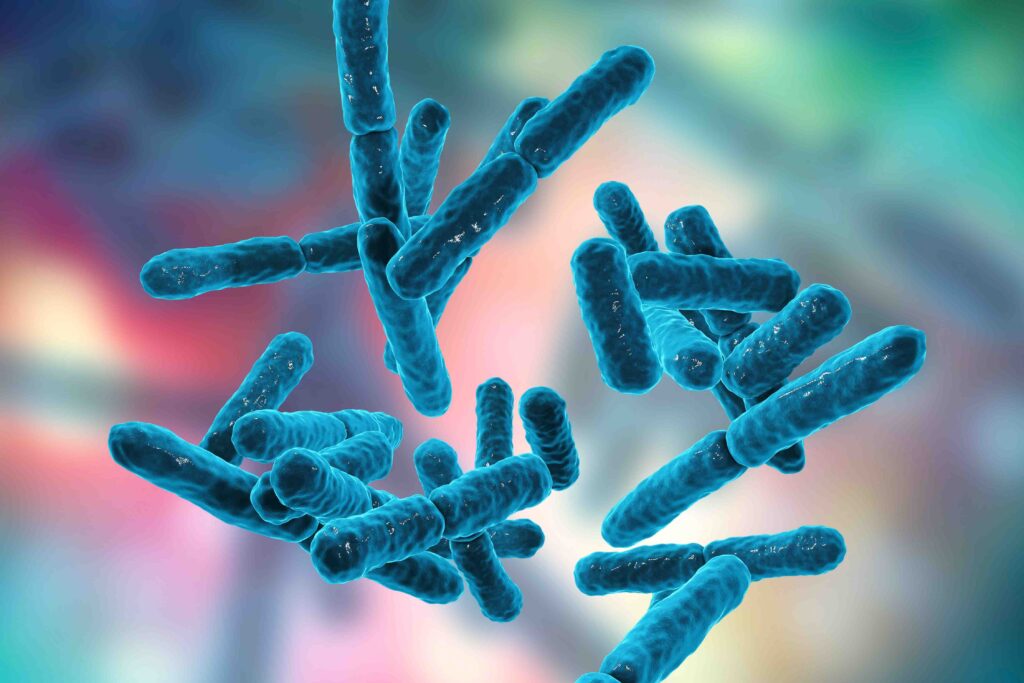Studies show that happiness might protect you from gastrointestinal distress, writes Dr Jayant Shetye
Serotonin, a hormone found in our body has normally been associated with a feeling of well-being. However, recently an additional function has been attributed to it by a group of scientists led by Vanessa Sperandio, Ph.D., a professor of microbiology and biochemistry at the University of Texas’ Southwestern Medical Center. The research is presented in the journal Cell Host & Microbe.
Serotonin is a neurotransmitter – a chemical that nerve cells use to communicate with each other – is mainly produced in the gut but has its main effect on the brain.
The human gut is a host to millions of bacteria, called the normal flora, which help in digestion of the food. However, some of these bacteria undergo mutation and then become pathogenic, ie, start attacking the host causing serious and potentially fatal infections.
When these pathogenic bacteria are exposed to serotonin it results in reduction of expression of group of genes that these pathogenic bacteria use to cause deadly infections. Additional experiments using human cells showed that these pathogenic bacteria could no longer cause infection-associated lesions on the cells if these bacteria were exposed to serotonin. Thus, exposure to serotonin resulted in reducing the virulence of these pathogenic bacteria.
This study forms the basis of a doctoral thesis presented by Aman Kumar, at the UTSW.
Next, the researchers examined how serotonin affected virulence in living hosts.

Using mice, which were genetically modified to either over- or under produce serotonin in their gastrointestinal tracts, the researchers studied how serotonin might change the ability of a bacterium to infect and sicken their hosts. Those mice that overproduced this neurotransmitter were less likely to become colonised by pathogenic bacteria. However, the mice that under produced serotonin became much sicker after bacterial exposure, often dying from their illness. Treating mice that under produced serotonin with fluoxetine (sold under the brand name Prozac) to increase serotonin levels prevented them from getting sick from the pathogenic bacterium.
Further experiments identified the protein CpxA on the surface of the pathogenic bacteria that serotonin attaches to. Because many species of gut bacteria also have CpxA, it’s postulated that serotonin could have wide-ranging effects on gut bacterial health.
In the future, Sperandio and her colleagues plan to study the feasibility of manipulating serotonin levels as a way of fighting bacterial infections in the gastrointestinal tract.
Antibiotics are invaluable weapons to fight infectious diseases. Currently, few available antibiotics can effectively fight pathogenic gut bacteria. However, by altering the composition and functions of the gut microbiota, the antibiotics can also produce long-lasting deleterious effects on the host. The emergence of multi drug-resistant pathogens raises concerns about the common, and at times inappropriate, use of antimicrobial agents.
Thus, it is postulated that if we could supplement antibiotics with Prozac or other drugs in the same class, it could give us a new weapon to fight these challenging infections.



